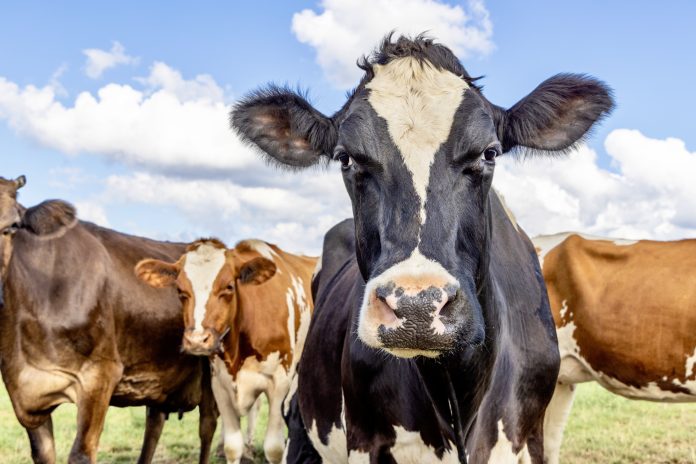
250+ Groups Urge USDA To Address The Reduction Of Meat & Dairy Consumption To Reduce Greenhouse Gas Emissions
By WAN
You can help all animals and our planet by choosing compassion on your plate and in your glass. #GoVeg
RELATED ARTICLES
Oakland Zoo Makes The Momentous Decision To Relocate “Osh” To The Elephant Sanctuary
Photo credit: Oakland Zoo Facebook
In a significant milestone for elephants, In Defense of Animals is celebrating the arrival of Osh, an African elephant, at...
Amazon Faces Growing Backlash Over Selling Cruel Donkey-Hide Gelatin Products
Animal welfare advocates representing millions of people around the world gathered at Amazon HQ2 to hand-deliver over 370,000 petition signatures demanding that Amazon ban...
Man Charged With A Felony For Leaving His Dog Tied To A Fence During Hurricane Milton
A 23-year-old man has been charged with aggravated animal cruelty, a third-degree felony, after footage of his abandoned dog went viral just before Hurricane...
Popular stories
Featured
Breaking! Compassionate City In New Zealand Closes Busy Road To Protect An Endangered Nesting Sea Lion & Her Pup
A city in South Island, New Zealand, is closing a busy road for a month to allow an endangered sea lion to nest safely with her...
News
Hong Kong’s Largest Sea Smuggling Case Busted With $300 Million Worth Of Items, Including Shark Fins, Seized
Dried shark fins were among the many items hidden in mislabeled containers that Hong Kong Customs uncovered late last month. They discovered a vessel...
News
EarthStream, A New Streaming Platform Supports Animal Welfare & Environmental Nonprofits By Presenting Powerful TV Shows & Films
As the planet faces unprecedented challenges, EarthStream provides an essential new digital streaming world that includes powerful and impactful narratives that can change how...


